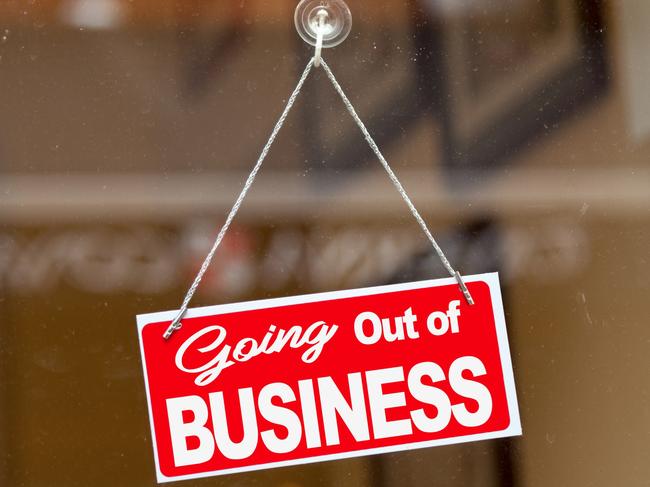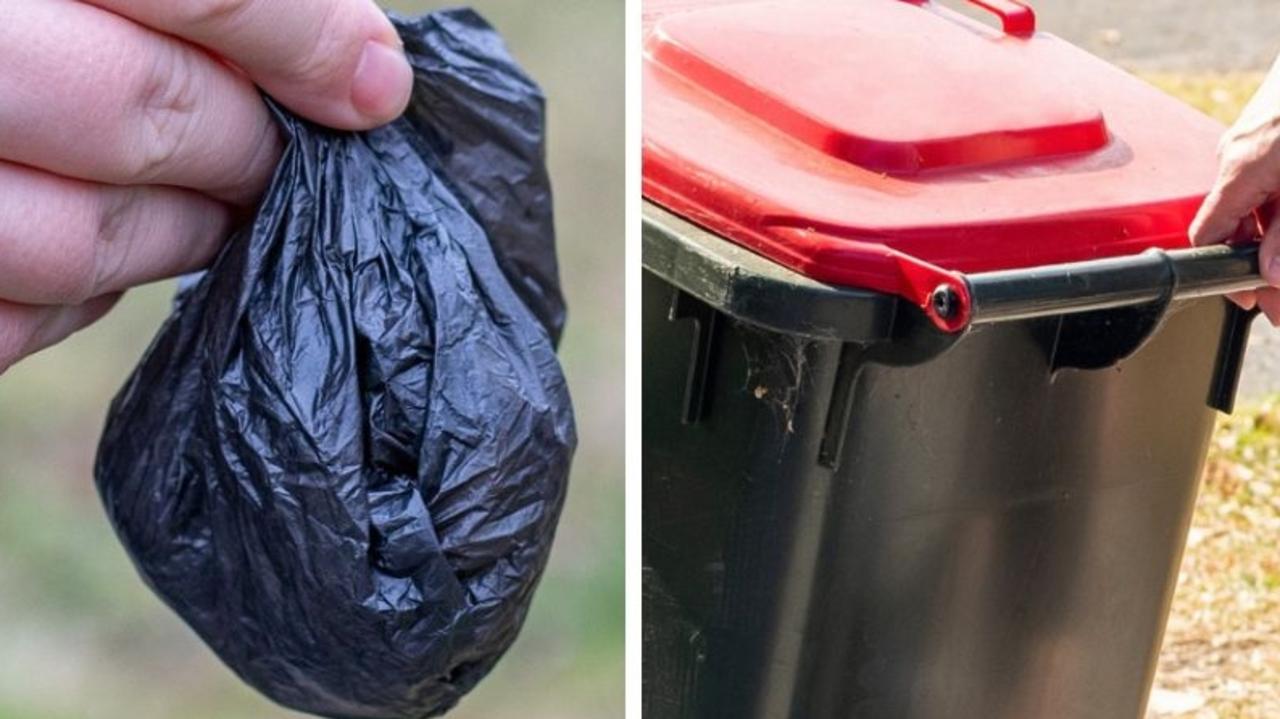Two strikes and you’re out rule could end repeat illegal phoenix traders
When businesses ‘phoenix’ they leave behind a trail of debt and destruction that ruins lives and harms the economy, writes Sean Wengel.

Illegal phoenix trading carves a trail of destruction through entire industries, costing the Australian economy up to $5.1 billion annually; leaving liquidators to clean-up the mess and deliver the news — there’s no money to pay creditors.
While Australia has some of the world’s toughest insolvency laws, action begins after the crime and devastation’s done. There are also gaps in enforcing director punishment and pinning blame.
Our regulators and law enforcement agencies execute reactive and opaque anti-phoenix mandates from glass-walled skyscrapers in the cities’ financial hubs; while repeat offenders mock the system with their “catch me if you can” mentality, leaving victims to suffer the effects of phoenix operators’ unconscionable conduct.
Breaking the cycle of systemic phoenix trading requires operators and facilitators to be taken out of the equation altogether, through a “two strikes and you’re out” rule.
MORE NEWS
Jail for jetski hoons after police assault
‘Disgusting’: Kyrgios loses plot, again
Aussie market’s $63b wipe-out amid recession fears
This would level the playing field — jailing directors and facilitators when continuous, deliberate phoenix conduct was carried out to defeat creditors.
This approach is justified when considering the effects one instance of illegal phoenix trading has on the myriad businesses and individuals involved.
I’ve seen first-hand small-to-medium businesses suffer long-term, where they’re short of revenue to pay their own costs — let alone profits — continuing the cycle of insolvency.
Operators use sophisticated tactics taking advantage of holes in laws; such as shirking director responsibilities through false identification, or confusing creditors by invoicing and paying through different company names and bank accounts.
They also prey on generous credit terms offered by the ATO to continue operating — meaning it’s years before they’re reported.
Current laws don’t go far enough. However, passing the Combating Illegal Phoenixing Bills will give more powers to regulators and liquidators to act when common illegal phoenixing patterns of behaviour are first identified.
The proposed introduction of Director Identification Numbers — a permanent, unique identification for individuals registered as company directors — will curb repeat offenders, currently going unnoticed. Although, it’s unlikely to prevent the practice of installing ‘straw’ directors — where the masterminds of an illegal phoenix register vulnerable people such as young adults and the homeless as company directors, while they puppeteer.
Presently in Australia this is easily done; anyone aged over 18, not bankrupt and not convicted of a dishonest crime can register as a company director — no education required.
An incoming company director needs no knowledge in running a business, no exposure to corporate legislation and no respect for regulation.
It’s not surprising then, that in the past decade, directors with two company failures or more, account for $1.6 billion of outstanding employee entitlements.
We test aspiring Australian citizens for their Australiana knowledge, but these directors who drive our economy, have no licence or respect for road rules. Basic legal and ethical testing would initiate more respect for our laws and governance.
And if all this fails, what can we do?

Subcontractors must identify the seven red flags of illegal phoenixing and act to protect themselves and their revenue, before they end up as an unsecured creditor in the next liquidation statistic — beginning with limiting their exposure to the phoenix either by way of credit advanced or concentration of revenue streams.
A creditor must know and inquire who they’re doing business with. Banks always conduct pre-lending reviews when advancing significant sums of moneys to business, there’s no reason contractors can’t too.
Not meeting tax obligations is a phoenixing early warning sign. While it’s difficult to identify whether a company is compliant, prospective business partners can take steps to inquire whether the company is.
If a company name changes slightly every time you work on a new project; you’ve never met the registered director, or the quotes are too competitive, further investigation is warranted.
Illegal phoenix operators carry out their craft in broad daylight and usually with the assistance of advisers who are equally responsible for the utter devastation caused.
If they’re going through a restructure that seems shady, or change directors just before appointing a liquidator, check the credentials of their adviser.
If it’s too late and you’re caught in a phoenix, there’s a number of remedies still available:
* Don’t rely solely on government intervention to dismantle the phoenix and protect the creditors; but don’t jump the gun too early — do investigations and set yourself up, to make best out of a bad situation
* Amend credit terms on existing debt, limit further credit advances and begin collecting out in the ordinary course of business
* Stop doing business with them and pursue outstanding debts.

If you’re impacted by a phoenix operation, seek a good liquidator with membership of a reputable body such ARITA or TMA. They’ll get the best outcomes by exploring all opportunities to fund further investigations and report all offences identified against the company and its directors to ASIC.
Businesses being gouged by phoenix operations have no choice but to be vigilant when it comes to trading in an economy where illegal phoenixing is all but actively encouraged — so they can stamp out and extinguish illegal phoenixing activities.
Sean Wengel is director of Business Recovery Services at William Buck Accountants and Advisers
ARE YOU A VICTIM OF PHOENIXING?
EMAIL: JENNIFER.SEXTON@NEWS.COM.AU


